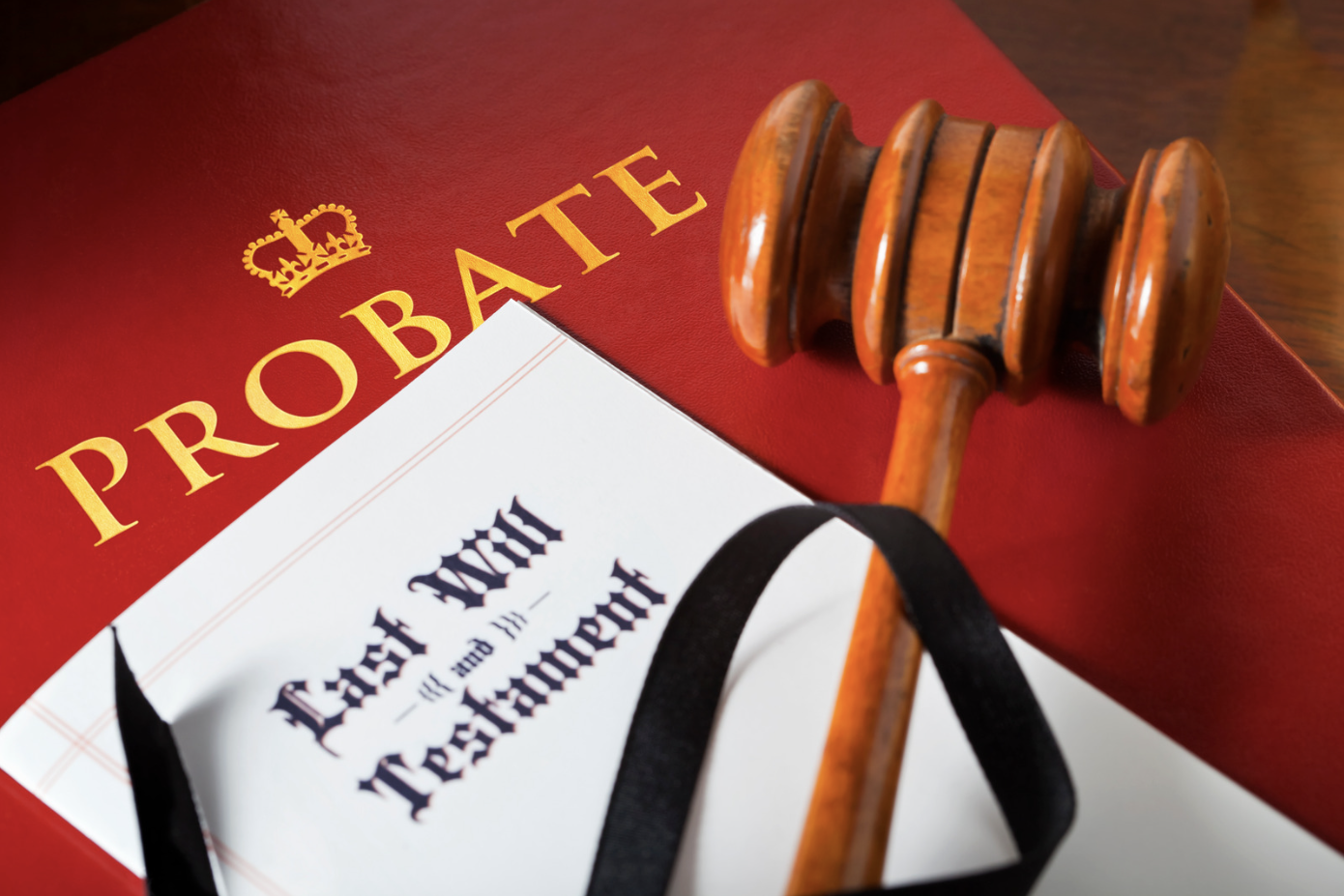Navigating the world of real estate can be challenging, especially when it comes to trust and probate properties. If you’re unfamiliar with probate real estate, you’re not alone. Many people only encounter this term during difficult times, such as the loss of a loved one. This guide aims to demystify the concept and provide a clear understanding of the probate process in real estate.
What is Probate?
Probate is a legal process that occurs after someone passes away. Its primary purpose is to distribute the deceased person’s assets, including real estate, to their rightful heirs or beneficiaries. If the deceased left a will, the probate court ensures the will’s validity and oversees the distribution of assets. If there is no will, the court follows state laws to determine how assets are divided.
What is Probate Real Estate?
Probate real estate refers to any property owned by the deceased that must go through the probate process before it can be sold or transferred to heirs. Examples include:
- A family home
- Vacation properties
- Investment properties
These properties often become part of the probate estate and may need to be sold to settle debts, distribute proceeds among heirs, or for other financial reasons.
The Probate Process in Real Estate
Here’s an overview of the typical steps involved in handling trust and probate real estate:
- Appointment of an Executor or Administrator
- If there’s a will, the person named as the executor takes charge. If there’s no will, the court appoints an administrator to manage the estate.
- Property Valuation
- The executor or administrator arranges for the real estate to be appraised to determine its fair market value.
- Debt Settlement
- Any outstanding debts or taxes owed by the estate are paid, which may require selling the property.
- Court Approval (if necessary)
- In some cases, the sale of probate real estate requires court approval, especially if the executor has “limited authority.”
- Sale of the Property
- The executor lists the property for sale, often working with a real estate agent experienced in probate transactions. Once a buyer is found, the sale is finalized, and the proceeds are distributed to heirs or used to settle debts.
Common Challenges in Probate Real Estate
Handling trust and probate real estate comes with unique challenges, such as:
- Family Conflicts: Disputes can arise among heirs over the sale or use of the property.
- Legal Complexity: Navigating probate laws can be overwhelming, especially since they vary by state.
- Property Condition: Many probate properties need repairs or updates before they can be sold.
How to Simplify the Process
If you’re dealing with trust or probate real estate, consider these tips to make the process smoother:
- Hire a Probate Real Estate Specialist: A Certified Probate Real Estate Specialist (CPRES) can guide you through the sale process and handle legal and logistical hurdles.
- Consult an Attorney: A probate attorney can help you understand local laws and ensure the estate is managed properly.
- Communicate Clearly: Keeping open lines of communication with family members can help avoid disputes and misunderstandings.
Optimize Your Trust and Probate Real Estate Strategy
To ensure your experience with trust and probate real estate is successful, consider these additional strategies:
- Leverage Online Resources: Use trusted websites and tools to research probate laws and market conditions.
- Work With Experienced Real Estate Agents: Choose agents who specialize in probate and trust sales to navigate the nuances of the market.
- Understand Tax Implications: Be aware of tax obligations related to selling inherited real estate to avoid surprises.
The Bottom Line
Trust and probate real estate can be complex, but understanding the basics can make the process less intimidating. Whether you’re an executor, an heir, or a potential buyer, knowing how probate works will help you navigate the journey confidently. With the right professionals by your side, you can handle trust and probate real estate efficiently and effectively.
If you have questions about trust and probate real estate or need expert assistance, reach out to our team today.
Let Aragone & Associates guide you through the process, helping to make the transition seamless. Call us at 949-415-4784 or email us at [email protected].

